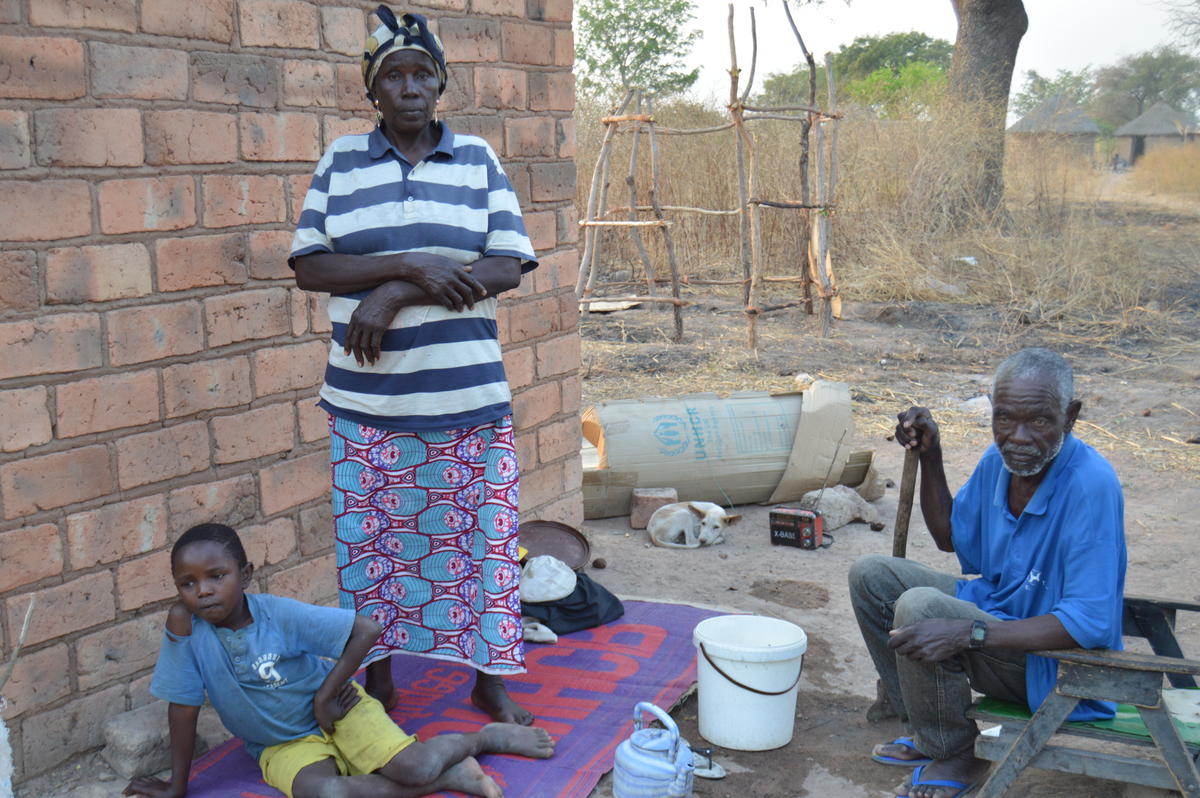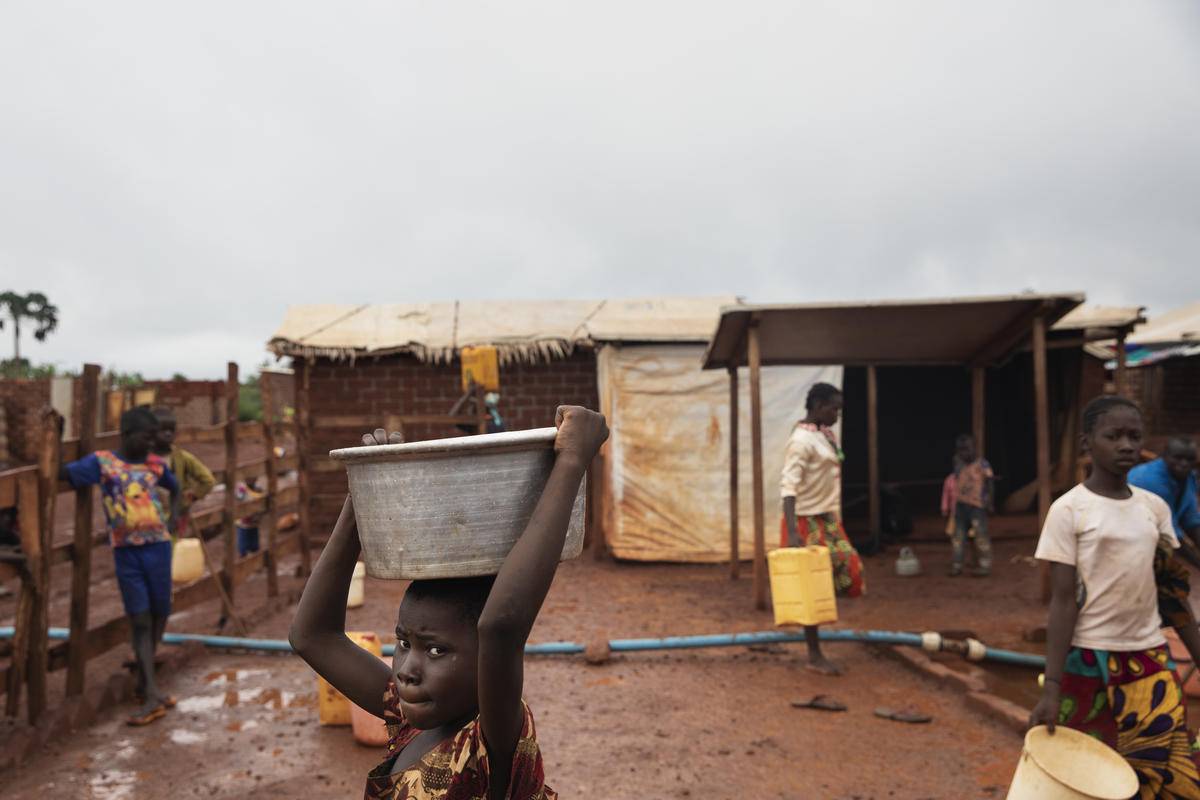UNHCR seeking urgent access to thousands fleeing Bangui, CAR violence
UNHCR seeking urgent access to thousands fleeing Bangui, CAR violence

GENEVA, Sept 29 (UNHCR) - Fighting between rival militias in the Central African Republic capital of Bangui since Saturday has left at least 36 people dead, forced thousands to flee their homes and moved the reconciliation process a step backwards, the UN refugee agency announced today.
"UN troops have been deployed to restore order: however, as of this morning, UNHCR staff members in Bangui say the situation is very tense with shooting in the city centre," UNHCR spokesperson Leo Dobbs told a press briefing in Geneva.
He said the situation was worryingly reminiscent of late 2013 and early 2014, when thousands of people were killed and tens of thousands of others forcibly displaced by inter-communal conflict.
"With numerous reports of rival armed groups gathering in the provinces and Bangui we fear the situation could escalate. UNHCR joins others in appealing for calm," Dobbs added.
Fighting and numerous roadblocks which have sprung up have made an already difficult humanitarian situation worse, impeding the ability of UNHCR and partners to gain access to thousands of internally displaced people and assess needs.
"All sides should urgently allow humanitarian organizations access to areas hosting the newly displaced," Dobbs said.
UNHCR, with the help of the International Organization for Migration and other partners, now estimates that at least 27,400 people have been displaced within the city, including 10,000 who are sheltering at the Mpoko site near the airport, which was already hosting about 11,000 people.
"There are immediate needs for emergency shelter, health care and basic aid. If the situation remains volatile, there will be a need for food supplies and hygiene and sanitation facilities. Displaced people are reported to be in a state of shock and extreme fear," Dobbs declared.

Bangui had been relatively peaceful for months but renewed fighting began last Saturday after the killing of a young Muslim moto-taxi driver. The violence has caused panic in the capital, where a curfew has been imposed. Elections in CAR are scheduled for October 18.
Médecins Sans Frontières added that in addition to the deaths, hundreds of civilians have been injured and need treatment, but medical teams are having difficulty reaching them.
Several international organisations have had their compounds looted. On Monday night, gunmen entered the house of a UNHCR staff member and stole belongings.
"Yesterday evening, hundreds of detainees escaped from Bangui's Ngaragba Prison, with many reported to have joined the anti-Balaka militia group, which has been fighting the former Seleka militia," Dobbs said.
The violence is a reminder of how fragile and unpredictable the security situation in CAR remains, with armed elements still present in some neighbourhoods of Bangui, and in control of several towns and localities in the centre and north of the country (including Bambari, Batangafo, Kaga-Bandoro, Mbres, Kabo).
Meanwhile, UNHCR has joined the interim UN humanitarian coordinator, MINUSCA and others in calling on all sides for an end to the fighting and to ensure the protection of the civilian population. Social cohesion efforts and dialogue between both communities need to be consolidated as the peace process is clearly still very fragile.
Prior to this latest violence Central African Republic had an internally displaced population estimated at 370,000 people, with 470,000 people having fled into surrounding countries.
The refugee response plan presented by UNHCR and 17 partners to provide protection and assistance to CAR refugees in neighbouring countries has received 23 per cent of the required US $331 million funding, leaving a gap of US $254 million.








